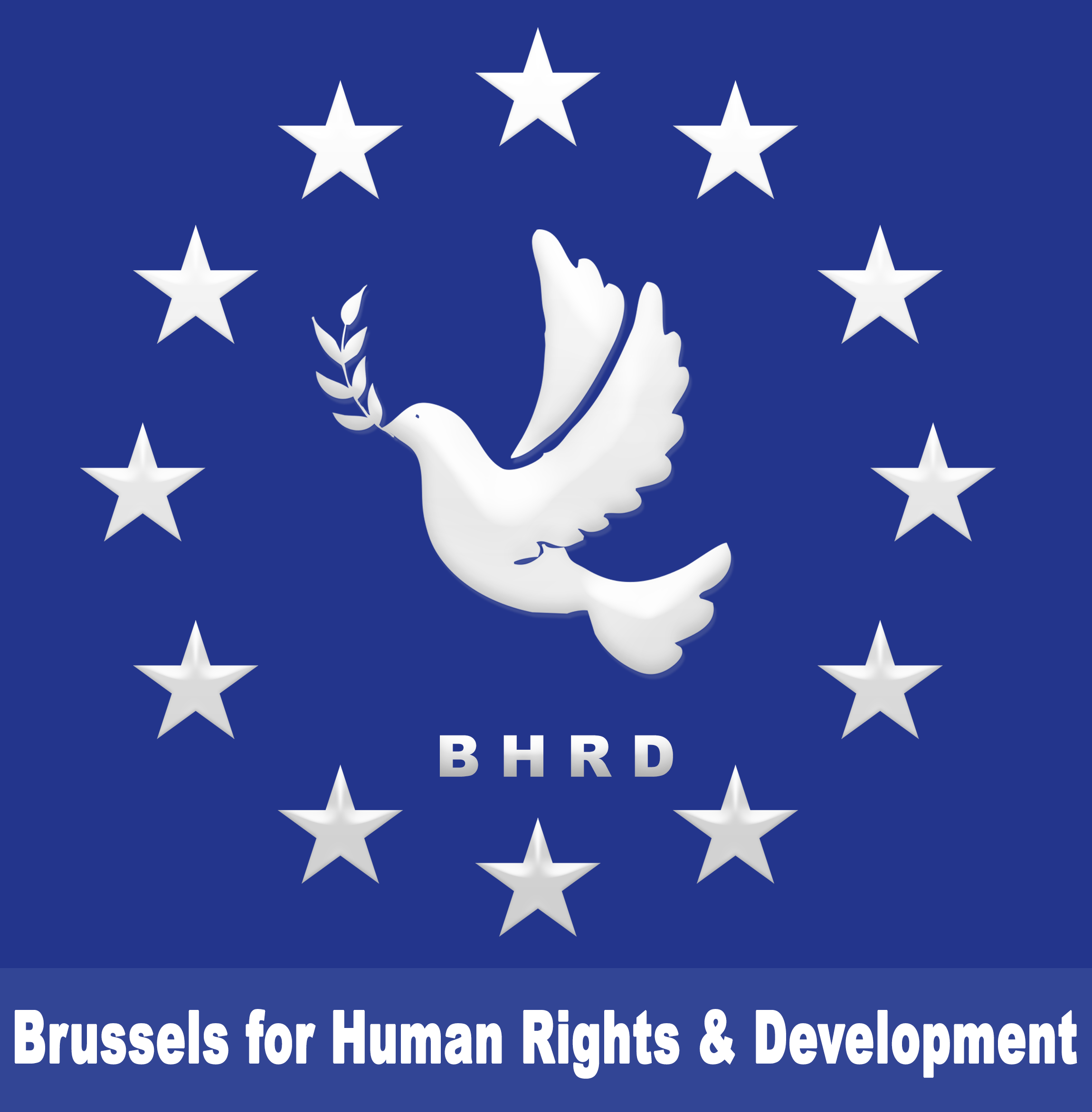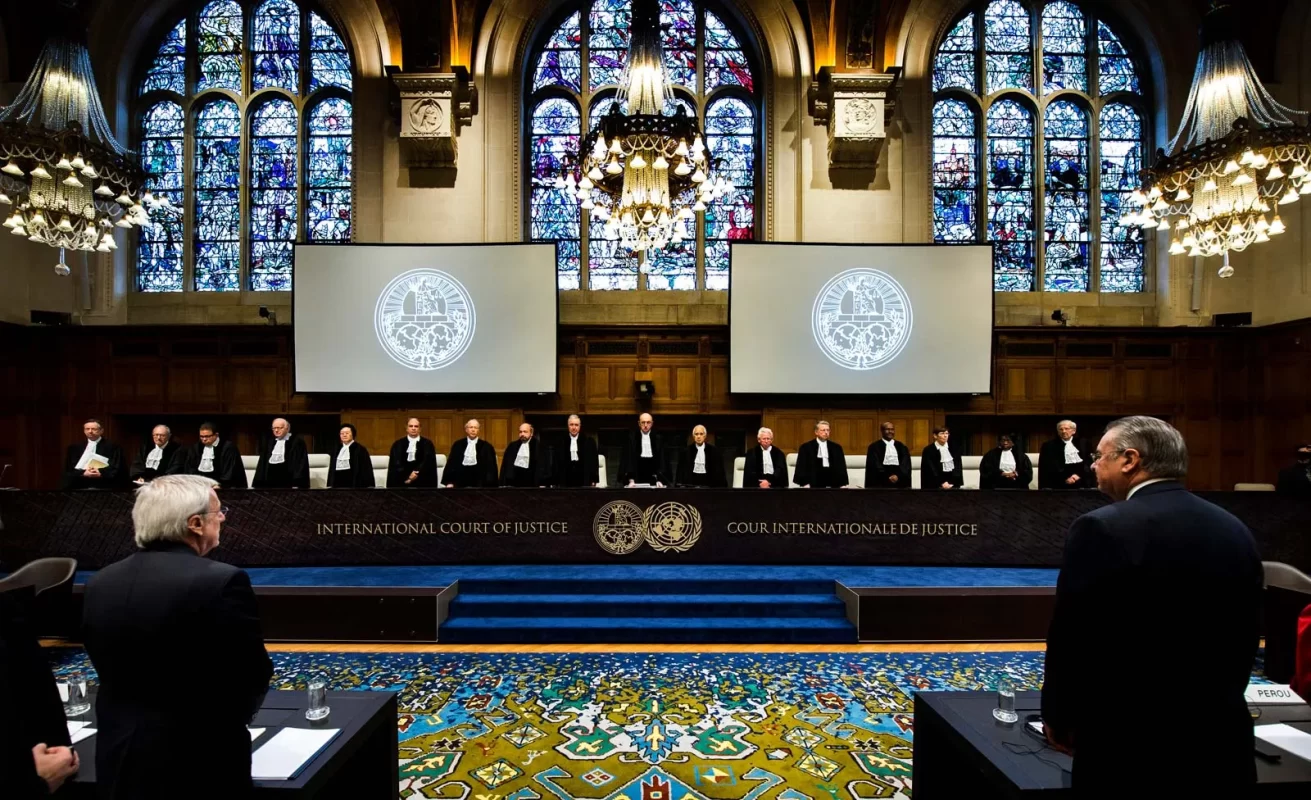October 21, 2024 – The International Court of Justice (ICJ) is handling an unprecedented caseload, primarily driven by escalating conflicts worldwide, with the Middle East heavily represented. Philippe Gautier, Registrar of the ICJ, discussed the situation during his recent visit to the UN Headquarters in New York, ahead of his briefing to the Security Council. Gautier emphasized the ICJ’s mission to independently resolve disputes between states, while remaining detached from the political tensions surrounding these cases.
“The ICJ’s mandate is strictly judicial, not political. Our role is to settle legal disputes and to clarify laws without taking political stances,” Gautier told UN News, emphasizing that while the court provides binding judgments, it lacks the power to end conflicts directly.
The ICJ’s docket now includes 23 active cases—a historic high—with eight cases focused on the Middle East. Among them, two cases address the Gaza conflict, examining alleged breaches of the Genocide Convention. Notably, South Africa has brought a case against Israel, while Nicaragua has raised a case against Germany, alleging that German arms provisions to Israel violate humanitarian law. Another prominent case involves Palestine challenging the United States over its embassy’s relocation to Jerusalem, which is seen as a breach of diplomatic law.
Beyond these cases, the ICJ has issued advisory opinions, which, while not binding, carry substantial influence. An opinion from July addressed the legal implications of Israel’s prolonged occupation of Palestinian territories, deeming it “unlawful” and calling for Israel to end new settlements, withdraw from the occupied territories, and compensate for damages caused. Gautier explained that the advisory opinions aim to clarify legal questions for UN entities but differ fundamentally from contentious cases, where two states seek a binding resolution.
Highlighting the growing demand on the ICJ, Gautier pointed to recent multilateral cases as a positive sign for international cooperation. “Each time a state brings a dispute, it’s a testament to faith in the international system,” he remarked, noting that five new cases were filed since last October. He cited successful examples, such as a territorial agreement between Gabon and Equatorial Guinea and a recent sovereignty resolution between Mauritius and the UK over the Chagos Islands, showing that ICJ advisory opinions can catalyze diplomatic agreements.
When asked about the spread of misinformation, Gautier acknowledged the challenge, especially given advancements in artificial intelligence, which complicate the court’s communication efforts. He emphasized the importance of nuanced public understanding, remarking that “international justice cannot be condensed into a tweet; it requires thoughtful engagement with complex issues.”
The ICJ’s increasing caseload reflects both the complexities of modern conflict and the ongoing commitment of states to seek peaceful, legal resolutions. Gautier’s statements underscore the need for an informed public and a well-supported international judicial system to navigate the challenges of a divided global landscape.
check the source


 العربية
العربية